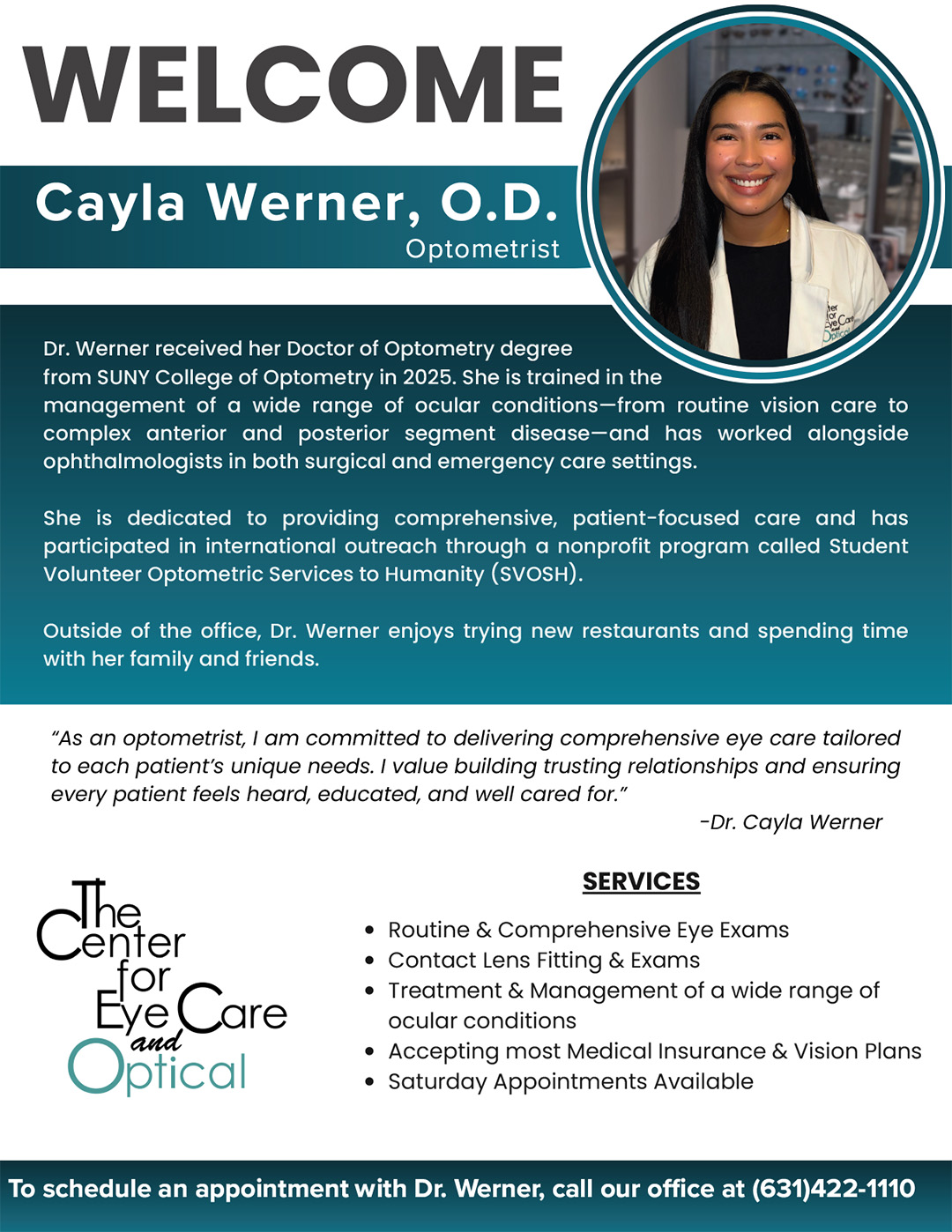Optometrists
Optometrists are eye care professionals who provide primary vision care ranging from sight testing and correction to the diagnosis, treatment, and management of vision changes. An optometrist is not a medical doctor. They receive a Doctor of Optometry (OD) degree after completing four years of optometry school, preceded by at least three years of college. They are licensed to practice optometry which primarily involves performing eye exams and vision tests, prescribing and dispensing corrective lenses, detecting certain eye abnormalities, and prescribing medications for certain eye diseases.

Ophthalmologists
An ophthalmologist is a medical doctor who specializes in eye and vision care. Ophthalmologists differ from optometrists in their levels of training and in what they can diagnose and treat. As a medical doctor who has completed college and at least eight years of additional medical training, an ophthalmologist is licensed to practice medicine and surgery. An ophthalmologist diagnoses and treats all eye diseases, performs eye surgery, and checks the eyes for routine issues such as the need for eyeglasses.
While ophthalmologists are trained to care for all eye problems and conditions, some specialize in a specific area of medical or surgical eye care. This type of ophthalmologist is called a subspecialist. They usually complete one or two years of additional, more in-depth training called a fellowship in one of the main subspecialty areas such as cataracts, glaucoma, retina, cornea, or pediatrics. This added training and knowledge prepares an ophthalmologist to take care of more complex or specific conditions in certain areas of the eye or in certain groups of patients.











